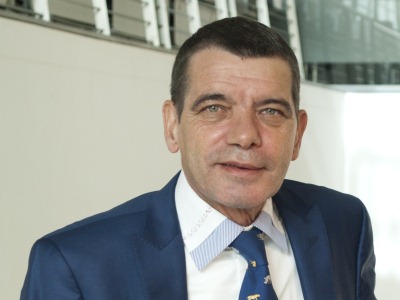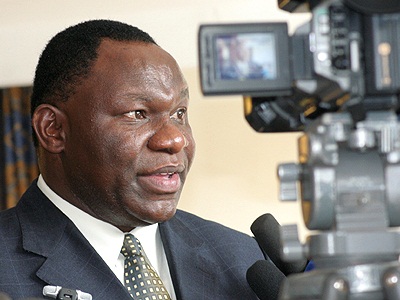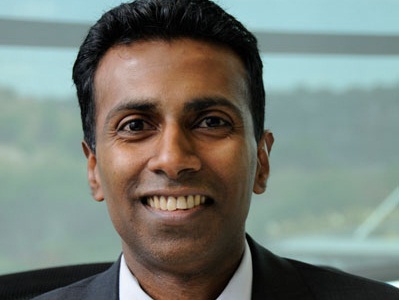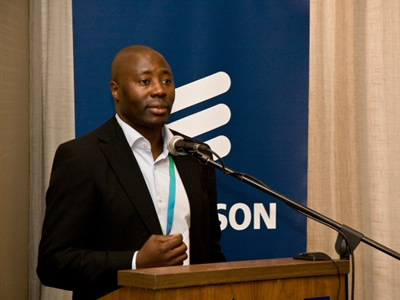While MTN is Africa’s largest mobile phone network provider, how does it stack up to the competition? While MTN is a native to Africa, most of the continent’s big players are rooted around the globe with parent companies in different countries.
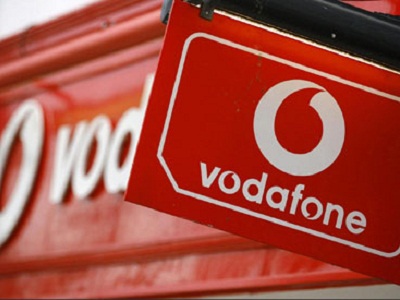
Although Vodafone is one of the biggest mobile phone networks in the UK, it also has operations in Ghana, South Africa and Egypt (image: London Evening Standard)
Although Vodafone is one of the biggest mobile phone networks in the UK, it also has operations in Ghana, South Africa and Egypt (image: London Evening Standard)
1. Vodafone
A star in the UK, Vodafone also has operations in Ghana, South Africa and Egypt. With 439.6-million subscribers, it is the second largest network in the world, after China’s China Mobile. The Chinese company has 649.5-million subscribers of which almost three quarters is owned by the Chinese government.
2. Telefónica
Spanish mobile network Telefónica, which includes Movistar, O2 and Vivo, is currently ranked as the fourth largest network, with just over 231.8-million subscribers. Operations span from Latin America to Western Europe, running networks in Sudan (as Sudan Unicom), and Morocco.
3. Airtel
Airtel, one of Africa’s most popular networks, has a subscriber base of just over 227-million users. The Indian company operates in Burkina Faso, Chad (Airtel Chad), Republic of the Congo (Airtel Congo Brazzaville), Democratic Republic of the Congo (Airtel DRC), Ghana (Airtel Ghana), Kenya (Airtel Kenya), Nigeria (Airtel Nigeria), Uganda (Airtel Uganda) and others.
4. Orange
Orange, owned by France Télécom, is popular in several nations. With over 217-million users, the French network has set up shop in Botswana (Orange Botswana), Cameroon (Orange Cameroon), Egypt (Mobinil), Equatorial Guinea (Orange Equatorial Guinea), Ivory Coast, Kenya (Orange Kenya), Madagascar (Orange Madagascar), Mali (Orange Mali), Niger (Orange Niger), Senegal (Orange Senegal), Uganda (Orange Uganda) and Togo.
5. Beeline
Beeline might not seem familiar, but the Russian network has 199-million subscribers across the world, and is owned by VimpelCom. Egyptian businessman Naguib Sawiris owns a large stake in the company operating in Egypt (Mobinil), Algeria (Djezzy), Burundi (Telecel), Central African Republic (Telecel), Namibia (Telecel) and Zimbabwe (Telecel).
6. MTN Group
MTN is the largest mobile network in Africa, in terms of indigenous network — where the top five are owned and operated by non-African companies. With a subscriber base of 152.3 million, the company employs 17 509 workers, operating in 21 African countries, including South Africa, Nigeria, Ghana, Sudan and Congo.
7. Etisalat
Ranked the 15th largest mobile network in the world (approximately 135-million subscribers), UAE’s Etisalat operates in several Gulf nations, including Benin, Burkina Faso, Central African Republic, Egypt and Gabon, as well as Ivory Coast, Niger and Nigeria.
8. Qatar Telecom
Qtel is one of the largest public companies in Qatar with about 2 000 employees, and operates in Qatar, Algeria and Tunisia. In 2009, the company had just over 82-million subscribers. In 2011, Qtel became the first company in Qatar to reach internet trial speeds of 100 megabits per second.
Charlie Fripp – Online editor


